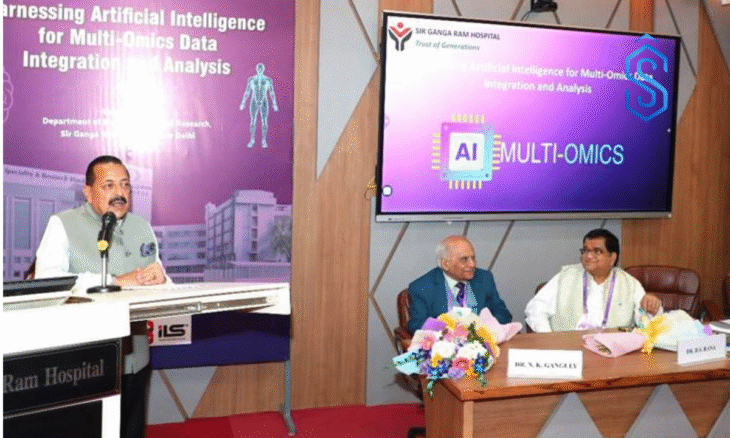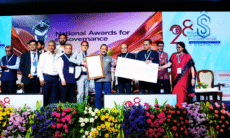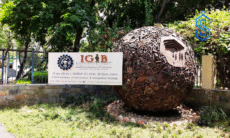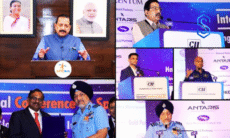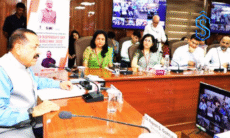New Delhi: Nafithromycin marks a major breakthrough in India’s pharmaceutical innovation, developed through a collaboration between the Department of Biotechnology (DBT), Government of India, and Wockhardt.
The antibiotic (Nafithromycin) is effective against resistant respiratory infections and holds special significance for patients with cancer and uncontrolled diabetes.
Announcing the development, Union Minister of State (Independent Charge) for Science & Technology, Dr Jitendra Singh, said that Nafithromycin is the first antibiotic molecule entirely conceptualized, developed, and clinically validated within India. The innovation represents a major stride toward Atmanirbhar Bharat in the pharmaceutical and biotechnology sectors.
Also Read: Prosper AI Secures USD 5M to Solve Healthcare’s USD 450B Administrative Crisis
Nafithromycin: India’s Leap Toward Self-Reliance in Healthcare Innovation
Dr. Singh made the announcement while inaugurating a three-day workshop on “Harnessing Artificial Intelligence for Multi-Omics Data Integration and Analysis.” He cited the project as a model of successful industry-academia collaboration driving India’s biopharmaceutical growth.
The Minister emphasized that building a self-sustainable innovation ecosystem is crucial for India’s research and development landscape. Such an ecosystem, he said, should reduce dependence on government funding and instead foster greater private sector participation and philanthropic support.
Gene Therapy Breakthrough and Advancements in AI-Driven Healthcare
Highlighting another milestone, Dr. Singh revealed India’s first successful indigenous gene therapy clinical trial for Hemophilia treatment, conducted at Christian Medical College, Vellore. Supported by DBT, the trial achieved a 60–70% correction rate with zero bleeding episodes, with results published in the New England Journal of Medicine.
He also announced that India has sequenced over 10,000 human genomes, with plans to scale the effort to one million, positioning the nation at the forefront of global biomedical research.
Anusandhan National Research Foundation: A ₹50,000 Crore Push for Innovation
Dr. Singh outlined the goals of the Anusandhan National Research Foundation (ANRF), which has an outlay of ₹50,000 crore over five years – ₹36,000 crore of which will be sourced from non-governmental partners. The initiative reflects India’s shift toward a globally aligned, innovation-led R&D model driven by academia and industry collaboration.
Also Read: CitiusTech Knewron Debuts as AI Platform to Accelerate Healthcare Innovation
Artificial Intelligence: Transforming Healthcare and Governance
Dr. Jitendra Singh described Artificial Intelligence (AI) as one of the most transformative technologies of the modern era. He highlighted AI-based hybrid mobile clinics serving remote areas and the AI-driven grievance redressal system developed by the Department of Administrative Reforms and Public Grievances (DARPG), which achieves a 97–98% weekly disposal rate.


